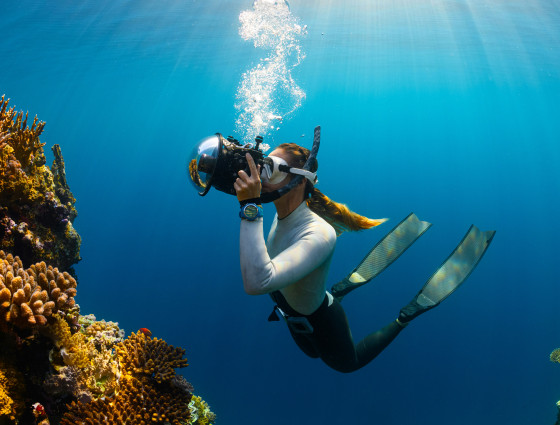
Science, Maths and Research - Oceanographer
Science, Maths and Research - Oceanographer
Red
Oceanographers study seas and currents, marine plants and animals, and the rocks and minerals that lie beneath the sea bed.
- Plan and carry out research expeditions around the UK and overseas
- Collect water, sediment and rock samples and analyse data
- Build computer models of ocean currents and circulation patterns
- Create maps of the sea floor and underlying geology
- Monitor changes in seawater properties and marine life
- Write and present reports of your research findings
- Give lectures and lead oceanography students on field trips
As a Oceanographer, you could work in a laboratory, at a research facility or at sea.
Your working environment may be outdoors some of the time and you'll travel often. You may need to wear safety clothing and use safety equipment.
Oceanographers tend to work between 37 to 42 hours a week. You could work evenings, weekends and bank holidays away from home.
Starting: £23,000
Experienced: £45,000
You can get into this job through a university course. You can study for a degree in oceanography or a related subject, like:
- ocean science
- geology
- physics
- marine science
- biology or chemistry
- environmental science
Employers often look for students with postgraduate qualifications, like a master's degree or PhD. They also value experience of working in marine science, engineering or oceanographic research.
You can get experience by choosing a course that includes work placements or internships with a marine company or research centre.
